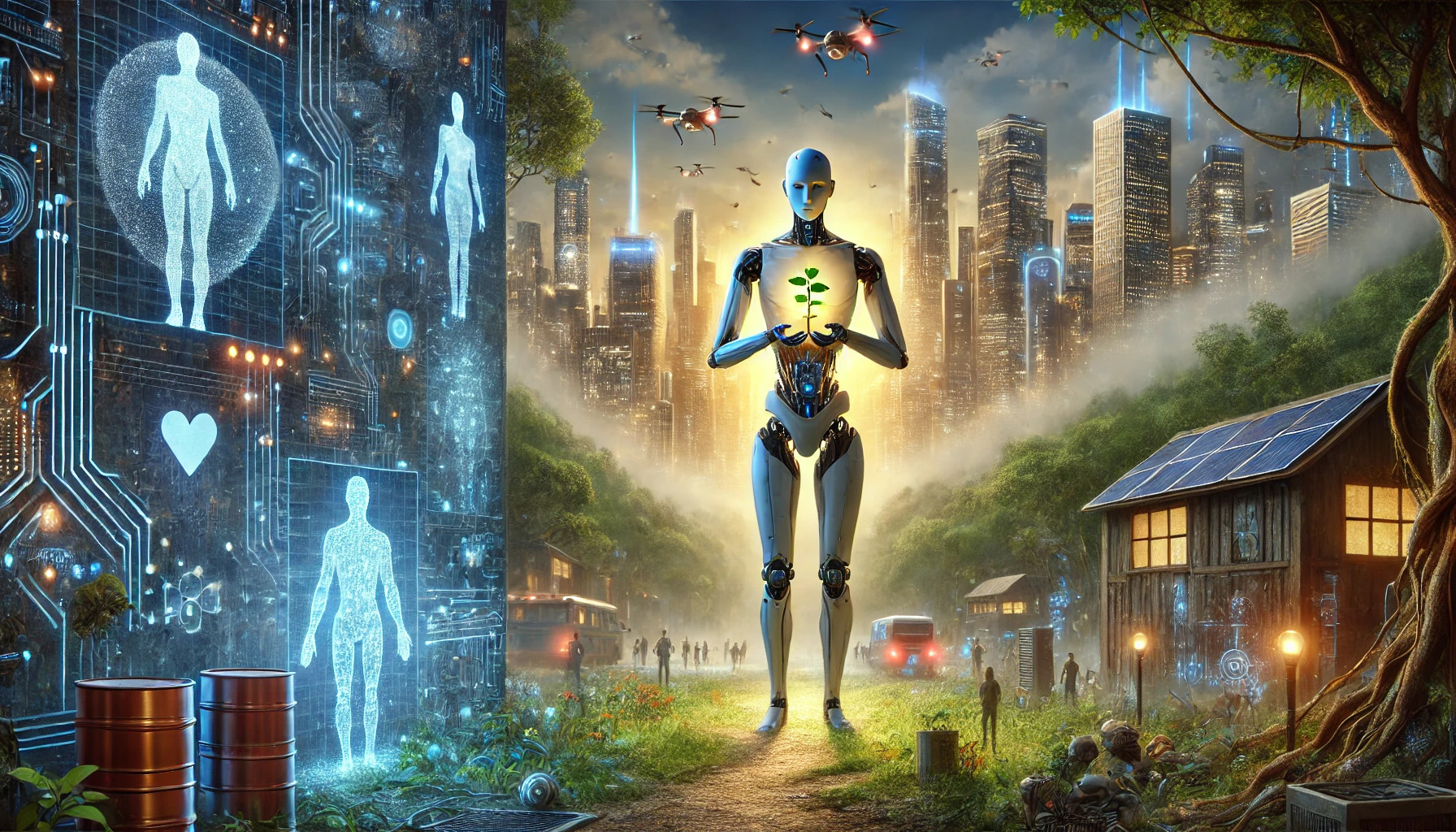Colonial allegories are fascinating narratives that reveal deeper insights into historical and social dynamics. Allegories use symbolism to represent the struggles and themes of colonial times, illustrating the complex relationships between the colonizer and the colonized. A well-known example of colonial allegory is William Shakespeare’s “The Tempest,” which explores themes like power and resistance. This …
Types of Allegories
Stories of survival have always intrigued readers because they rely on the basic human instinct to persist against all odds. In survival allegories, characters often face extreme situations that test their resilience and resourcefulness. These tales use symbolism and metaphor to delve into deeper meanings, connecting with readers beyond just the thrill of adventure. Survival …
Postcolonial allegories are a fascinating way to explore and critique the effects of colonialism through storytelling. These narratives often use symbolic characters and plots to reveal deeper truths about the struggles and resilience of colonized societies. By examining postcolonial allegories, readers can gain insights into how cultures adapt and resist in the face of oppression. …
Technological allegories are stories where characters, events, or images symbolize aspects of technology and its impacts on society. They convey deeper meanings and reflections on issues such as overreliance, ethical dilemmas, or societal change. These allegories help readers grasp complex technological themes in a more relatable way. For instance, Kazuo Ishiguro’s “Klara and the Sun” …
Gender allegories use stories and symbols to explore the ideas of gender and identity. They allow authors to address complex themes like gender roles and identity through characters and narratives. This approach invites readers to engage with societal issues in creative ways. One example is “The Matrix,” which some view as a trans allegory. The …
Memory allegories are captivating narratives that use symbols to explore the concept of memory. These stories often transform complex ideas into relatable characters and events. By using memory as a theme, allegories offer unique insights into how we remember and interpret our past. These allegories can be found in various forms such as literature, art, …
Allegories have been a part of storytelling for centuries. These narratives use characters and events to symbolize real-life issues and messages. In literature, class allegories explore social structures and highlight the differences and interactions between different societal groups. Readers can discover how class dynamics are portrayed through symbolic tales like “Animal Farm,” which captures political …
Time travel has always fascinated people, weaving its way through tales of adventure and mystery. Through allegories, authors use time travel as a powerful metaphor to explore complex ideas like change, consequence, and identity. These stories invite readers to ponder what-if scenarios and reflect on the choices they make in their own lives. One classic …
Childhood is a time full of stories that shape how kids see the world. Whether it’s through fairy tales or children’s books, allegories play a big role in this process. Allegories of childhood reveal deep meanings and teach moral lessons through simple, symbolic stories. These stories often use animals or fantastical characters to communicate important …
Political allegories are fascinating stories that use symbolic characters and events to comment on real political situations. They often focus on revolutions and highlight the complexities of power and governance. These narratives can help readers understand how uprisings unfold and the impact they have on society. George Orwell’s “Animal Farm” is a classic example, using …







